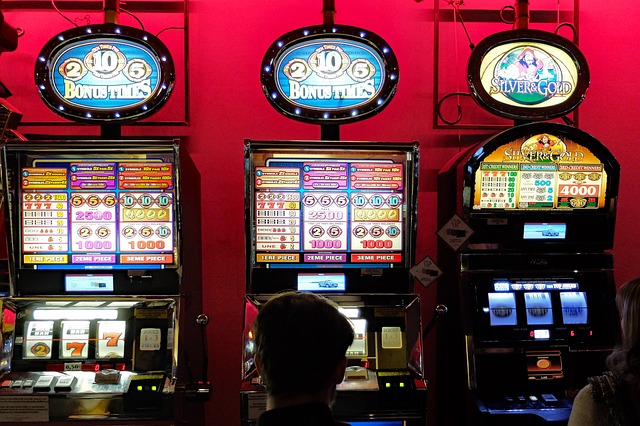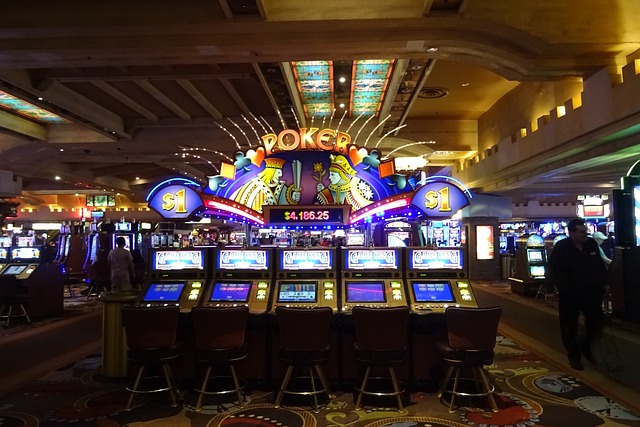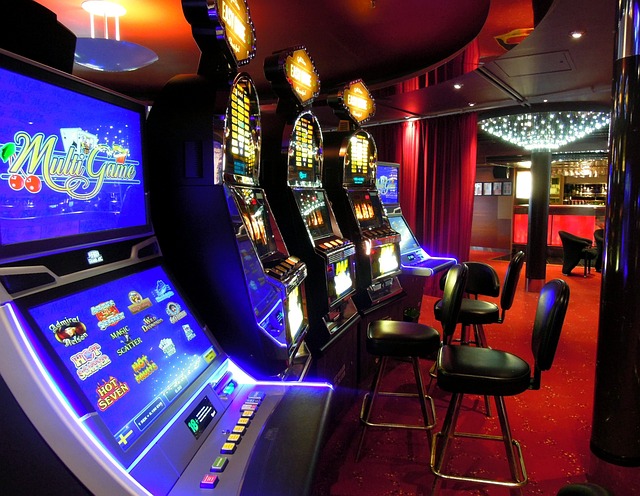Casinos are not just places of entertainment; they often serve as tools of control. Behind the promise of riches lies a system that targets the most vulnerable. For many, visiting National Casino or others is a chance to escape financial struggles. But the reality is harsh: casinos keep people trapped in cycles of spending and losing. It’s a place where the wealthy benefit, and the struggling pay the price.
Targeting Low-Income Communities
Casinos focus on attracting low-income visitors who hope for a big win. For those struggling financially, the dream of a jackpot is hard to resist. Bright lights, sounds, and promotions make the casino feel welcoming. But this charm hides a trap. Low-income players often lose more than they can afford, falling deeper into poverty. National Casino, like others, profits from this reliance on struggling communities.
Addiction as a Profit Strategy
Casinos depend on repeat players, many of whom develop gambling addictions. Addiction isn’t accidental; it’s part of the profit plan. Free drinks, loyalty points, and “almost-winning” moments keep people playing. Over time, many become hooked, losing control over their spending. For some, this habit becomes a cycle of loss and debt. The casino industry relies on this dependence to boost profits, prioritizing earnings over well-being.
The Myth of Equal Chance

Casinos push the idea that anyone can win big, but the games are rigged. Every game—slots, tables, or cards—is designed for the house to win. The odds are always tilted to ensure profits for the casino. Games are filled with “almost-wins” to make players keep trying. Even at National Casino, the illusion of fairness keeps people spending, while the odds work against them. The promise of winning hides the reality: the system is built to take.
Impact on Local Economies
Casinos promise local economic boosts, but this benefit is often small. While casinos create jobs, they are usually low-paying roles. Profits mostly go to corporate owners, not the local community. Small businesses nearby can suffer, as locals spend more money gambling. Over time, communities around casinos see rising debt and poverty rates. Rather than helping, casinos often drain local resources.
Casinos and Political Influence
The casino industry uses political power to protect its interests. Casinos lobby for favorable laws and lower taxes, presenting themselves as economic contributors. They promise jobs and community investment, but these claims are often misleading. This influence allows casinos like National Casino to operate with limited restrictions. Without strict oversight, the casino industry can continue exploiting vulnerable groups.
Manipulation Through Casino Design

Casino design encourages players to stay as long as possible. The layout, lights, and sounds create a sense of excitement. There are no clocks or windows, making it easy to lose track of time. Every element is chosen to make people gamble more. This environment traps people in a loop of play, without realizing how much they’ve spent. The goal is clear: keep players betting until they lose.
Social Costs for Families and Communities
Gambling addiction impacts not just individuals but entire families and neighborhoods. Addiction can lead to severe financial strain, causing stress and family issues. Some families lose their savings, facing lasting debt. Children in these households feel the burden, emotionally and financially. Communities suffer as locals spend on gambling instead of local goods and services. The impact reaches schools, public resources, and social stability.
Fighting for Change in the Casino Industry
Casinos have rebranded as places of entertainment, hiding their impact on society. Raising awareness about casino tactics can protect vulnerable communities. Advocating for stricter gambling rules can limit harmful practices. Community efforts can help reduce gambling addiction and bring fair policies. By questioning the casino industry’s influence, society can protect the most vulnerable from its harmful reach.



